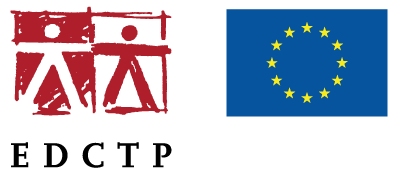Leishmaniasis
Epicentre is a member of the LeishAcess consortium. This four-year project seeks to improve access to care for patients, including vulnerable groups, suffering from leishmaniasis in its various forms (visceral leishmaniasis; cutaneous leishmaniasis; post-kala-azar dermal leishmaniasis—a complication that can appear after visceral leishmaniasis treatment; and visceral leishmaniasis/HIV co-infection).
LeishAccess seeks to facilitate the update and adoption of new diagnostics and treatment options for visceral leishmaniasis, visceral leishmaniasis/HIV co-infection, and post-kala-azar dermal leishmaniasis, as well as prove the efficacy and tolerability of thermotherapy for the treatment of uncomplicated cutaneous leishmaniasis. Operational research will fill gaps in knowledge. Advocacy and communication will help increase national and regional political support as well as community awareness and public awareness in leishmaniasis.
The project is being implemented by a consortium of key health experts and institutions seeking to improve access to diagnosis and treatment for leishmaniasis across Ethiopia, Kenya, South Sudan, Sudan, and Uganda. This work contributes to the World Health Organization's neglected tropical diseases roadmap that targets the control/elimination of visceral leishmaniasis and the control of cutaneous leishmaniasis as a public health problem by 2030. This project is part of the EDCTP2 Programme supported by the European Union.
Countries
Ethiopia, Kenya, South Sudan, Sudan and Uganda.
Tentative End date:
June 2024
Who is involved?
Armauer Hansen Research Institute (AHRI), Drugs for Neglected Diseases initiative (DNDi), FIND, the global alliance for diagnostics, Instituto de Salud Carlos III (ISCIII), Institute of Endemic Diseases (IEND), Makerere University, Medecins Sans Frontières (MSF) Amsterdam, University of Gondar
This project is part of the EDCTP2 programme supported by the European Union (grant number RIA2020S-3301-LeishAccess), and funding from Médecins Sans Frontières (MSF), Medicor Foundation, Swiss Agency for Development and Cooperation (SDC), Takeda Pharmaceutical Company Limited and UK aid.








